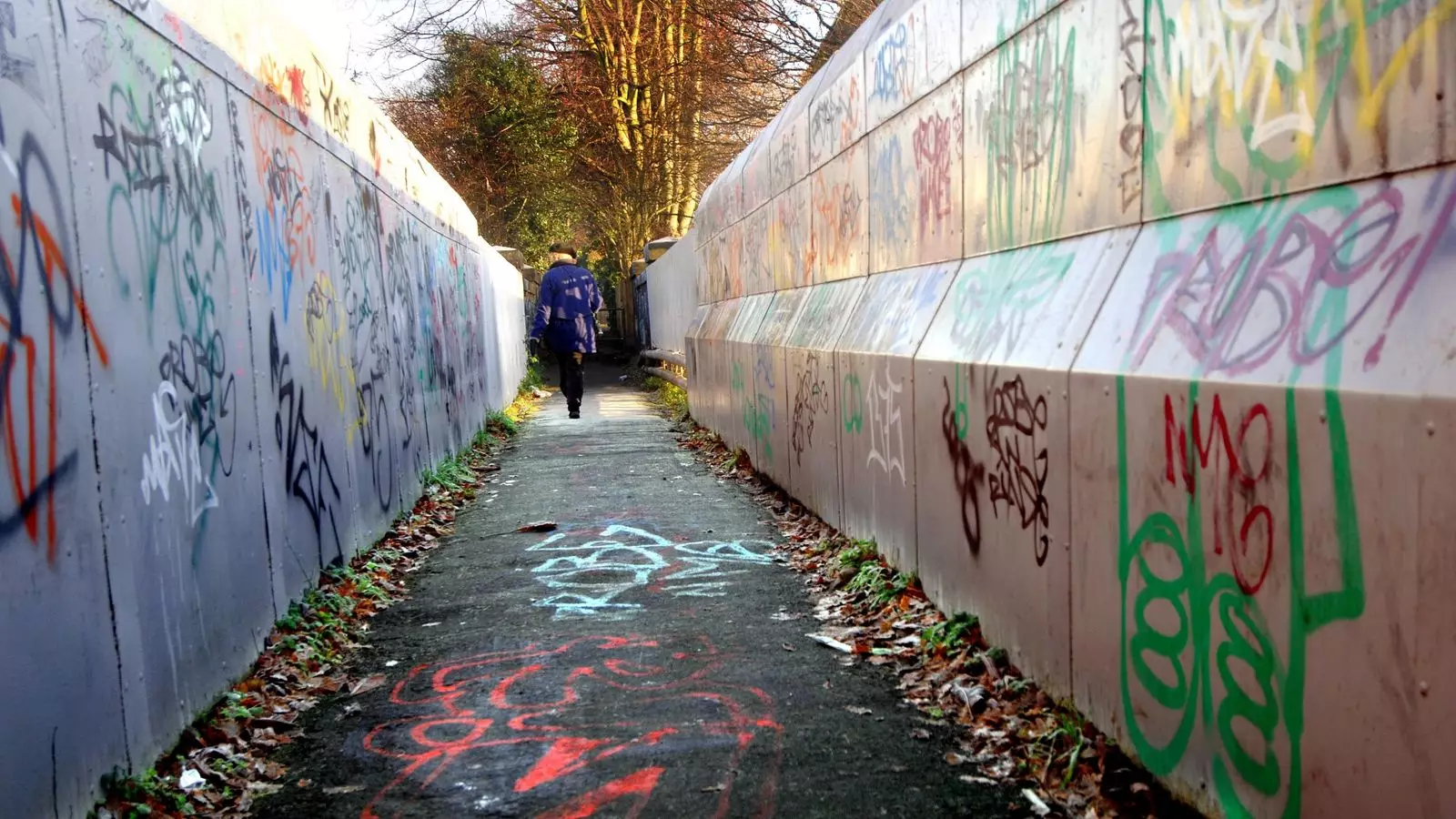In a bid to address the rising tide of anti-social behaviour plaguing communities, a significant legislative proposal has emerged from the UK government. Known as “respect orders,” these new measures promise not only stricter penalties for offenders but also a comprehensive plan to tackle the root causes of such behaviours. With the objective of fostering safer public spaces, these orders could lead to substantial changes in how anti-social behaviour is managed across England and Wales.
The proposed changes, outlined in the Crime and Policing Bill, aim to enable courts to impose harsh penalties, which may include two years of imprisonment, unlimited fines, and community service requirements for those found guilty. Home Secretary Yvette Cooper highlighted the urgent need for these reforms, noting that many neighbourhoods are being disrupted by actions that severely affect the quality of life for residents. “We cannot stand by while anti-social behaviour continues to have a devastating impact on victims,” she stated, emphasizing the government’s commitment to restoring order to the streets.
One of the fundamental aspects of the respect orders is the increased authority granted to local councils and police forces. Under these new powers, law enforcement agencies will be able to issue bans on persistent offenders from public spaces, such as town centres. This proactive approach is designed to deter individuals who repeatedly engage in anti-social behaviour, enhancing the overall safety of community environments. The model suggests a zero-tolerance stance towards violations, allowing for immediate arrests without the requirement for prior warnings.
In addition to punitive measures, the respect orders promote a more rehabilitative stance. The initiative recognizes that many individuals engaged in anti-social activities often grapple with deeper issues such as anger management problems or substance abuse. Consequently, offenders may be mandated to attend rehabilitation classes or programs addressing these problems. This dual approach of punishment and rehabilitation embodies a progressive strategy that not only aims to penalize but also to educate and rehabilitate individuals, potentially reducing future incidents of anti-social behaviour.
According to statistics, approximately one million incidents of anti-social behaviour were reported to law enforcement in the year leading up to September 2023, highlighting the widespread nature of this challenge. Leaders within the police force, including Deputy Chief Constable Andy Prophet, advocate that the implementation of respect orders will empower local authorities to restore a sense of safety in public spaces. The effectiveness of these measures will be closely monitored as they undergo a trial phase, paving the way for potential national adoption.
The introduction of respect orders marks a crucial development in the ongoing fight against anti-social behaviour. By combining strict enforcement measures with rehabilitative efforts, the government aims to create a more balanced approach to public safety. Community leaders and victim support organisations alike are watching closely, eager to see how these measures unfold while hoping for a tangible decrease in incidents of anti-social behaviour. As these proposals move forward, they carry the promise of restoring peace and security to neighbourhoods across the nation.


Leave a Reply